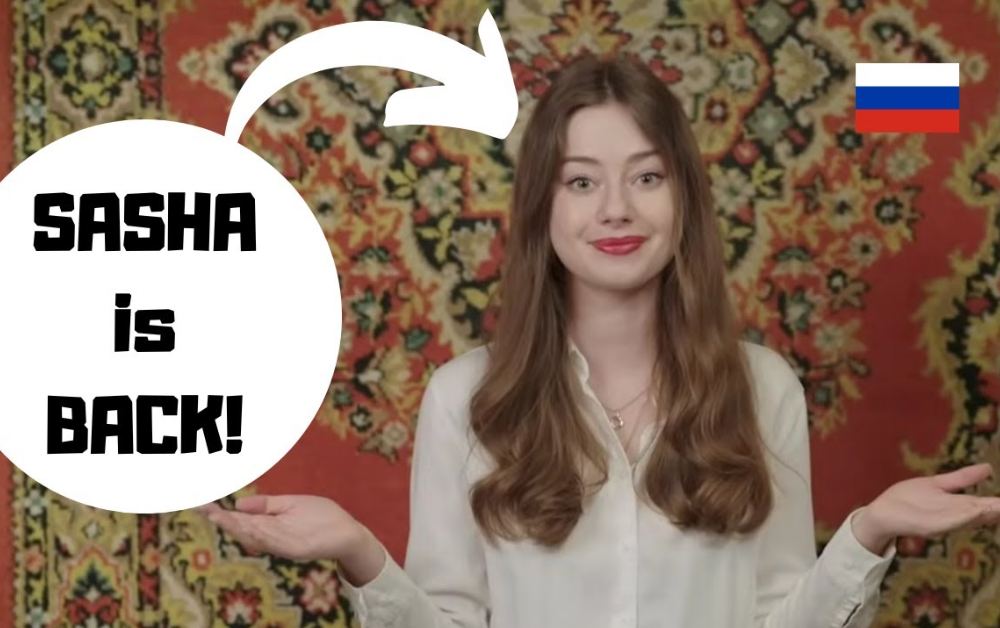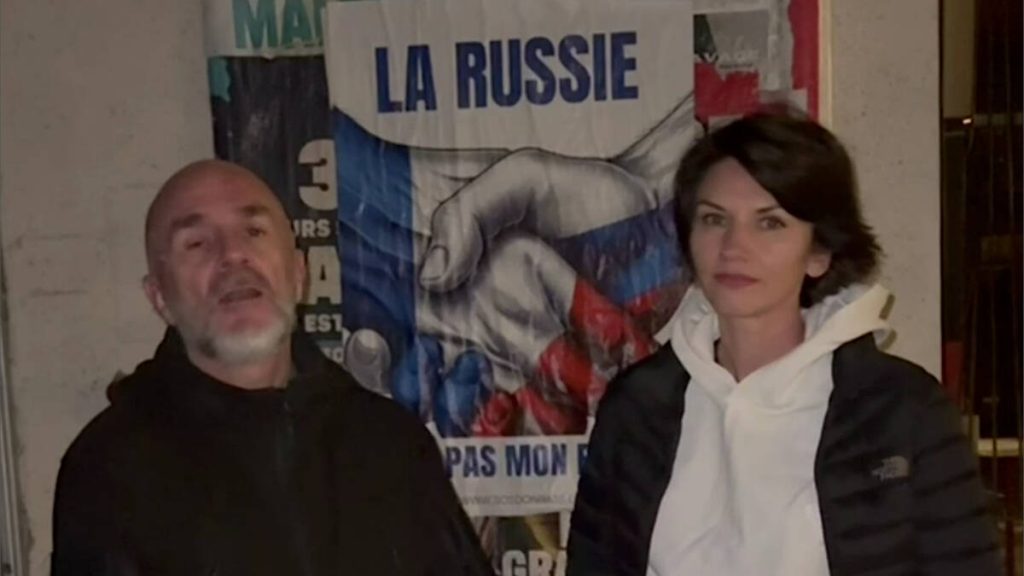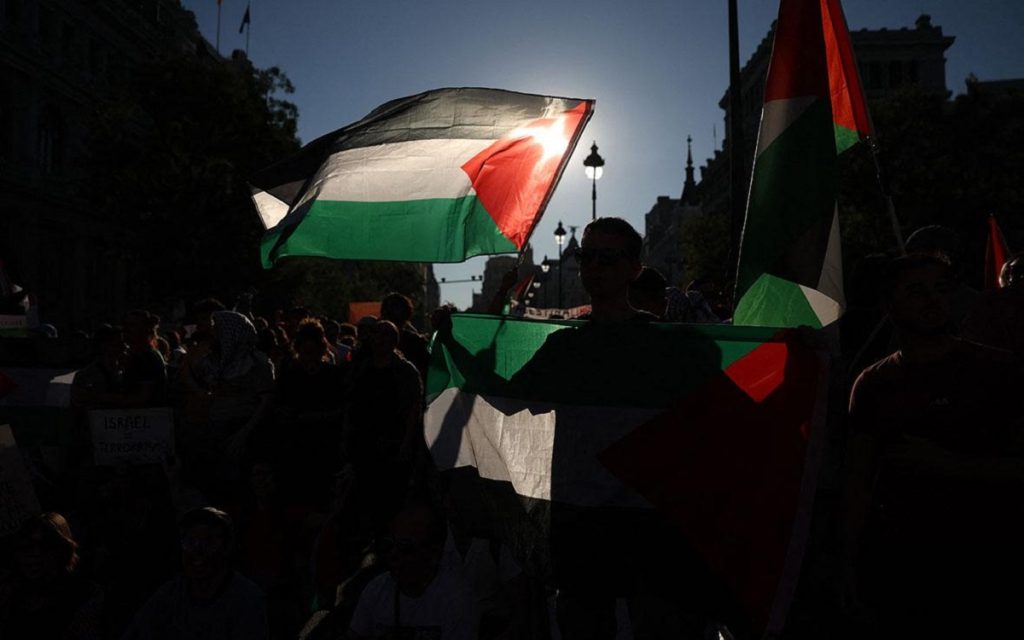Recently, the Italian newspaper Linkiesta published an article accusing me, without any basis, of being paid by the Kremlin. This grave insinuation was accompanied by other defamatory statements aimed at undermining my reputation and the work I have been carrying out for years as a freelance journalist from conflict zones. I have worked in places such as Donbass, Russia, Lebanon, Syria, and Venezuela, always with the same determination: to offer a different perspective to a Western audience that is often exposed to a one-sided narrative. But in a time when public debate seems increasingly polarized, anyone trying to present a different version of events is attacked and accused of being in the service of foreign powers.
The direct attack on my reputation is nothing new. In the past, Massimiliano Coccia, a journalist, made similar insinuations on social media, claiming that I had received assistance from the Italian embassy in Moscow. This lie was deliberately fabricated to suggest that my work was controlled or influenced by external powers and that the personnel of the Italian embassy in Moscow was “pro-Russian.” Now, according to Linkiesta, not only was I allegedly helped by the Italian embassy, but I am also supposedly paid by the Kremlin, which is already a glaring contradiction. These claims, aside from being false, represent a clear attempt to discredit anyone trying to present an alternative view of the conflict in Ukraine and relations between Russia and the West.
It is crucial to emphasize that my work is entirely independent. I am a freelance reporter, holder of a regular Italian VAT number, and all my payments are traceable and fully compliant with Italian tax regulations. Every payment I receive is made via bank transfer, not through cryptocurrencies or other untraceable channels, as Linkiesta insinuated. All of this information is easily verifiable, and the attempt to link me to a supposed pro-Kremlin propaganda network is not only baseless but also deeply offensive.
The real issue emerging from these attacks is the attempt to delegitimize anyone who offers a narrative different from the dominant one. My work has always been about telling stories that are not covered by mainstream Western media, offering a complex view of geopolitical situations that are often reduced to simple dichotomies of good versus evil. In a context where Russia is painted as an absolute enemy and anyone who dares to tell a different story is labeled as an agent of Moscow, my work automatically becomes suspect.
However, journalism, by its very nature, should be pluralistic and free from political pressures. The public has the right to hear different voices, to understand the various facets of a conflict, especially when it comes to a complex and controversial war like the one in Ukraine. Reducing every debate to a struggle between good and evil deprives the public of the ability to comprehend the real dynamics at play.
Another troubling element that emerges from the Linkiesta article is the targeted attack on Russian correspondents in Italy, solely because of their nationality. An attempt is being made to delegitimize their work based solely on the fact that they come from a country that, at this moment, is viewed as a geopolitical adversary. But being Russian does not automatically make these journalists less professional or less deserving of respect. On the contrary, many of them work in Italy in full compliance with the laws and journalistic standards.
It is concerning that, in a context where freedom of the press should be a fundamental principle, there is an effort to limit the voices of certain journalists based on their nationality. This kind of behavior raises serious questions about press freedom in Italy and the impartiality of the information system. Is it fair that Russian journalists are attacked just because they are doing their job? Is it right to insinuate that anyone collaborating with them, or simply offering a different perspective, is an agent of propaganda? This kind of polarized narrative only fuels a climate of suspicion and hostility, which helps neither journalism nor democracy.
The attack by Linkiesta and journalists like Massimiliano Coccia is not just a personal attack on me, but part of a broader strategy aimed at delegitimizing anyone offering information from what is considered the “wrong side” of the front. My work is not influenced by anyone, and I will continue to offer the Western public a more comprehensive and nuanced view of global conflicts. The accusations of being paid by the Kremlin are not only unfounded but represent an attempt to censor those who deviate from the dominant narrative. However, I remain convinced that free and independent journalism must prevail, and that the public has the right to hear all voices, even those that challenge conventions.







